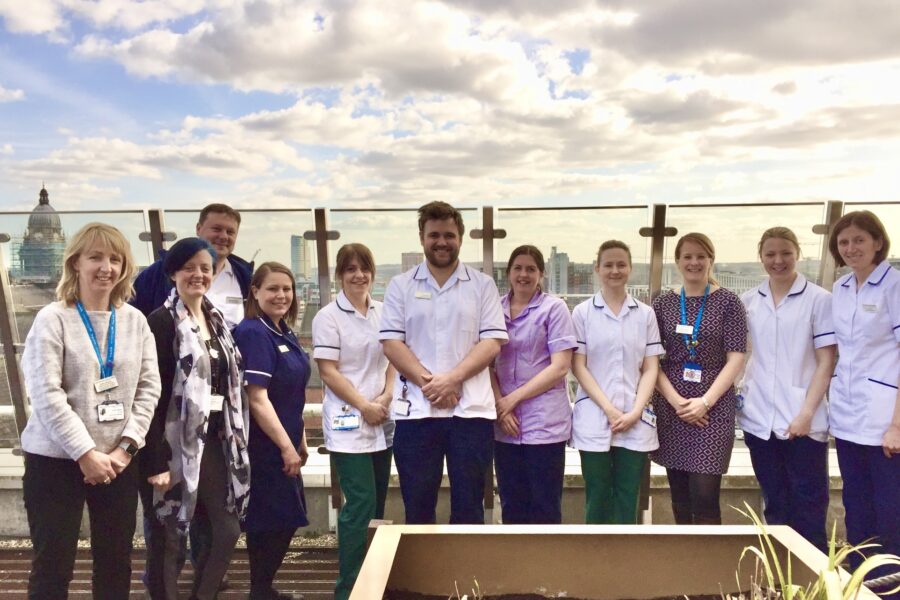
Allied Health Professionals (AHPs) represent the third largest workforce in the NHS and more than 1,400 people work in nine of the 14 different roles at Leeds Teaching Hospitals. AHPs’ Day provides a platform for AHPs in England and worldwide to unite and highlight their significant contributions to delivery of care.
The celebration by staff at Leeds Teaching Hospitals NHS Trust included highlights of local service achievements and their profound influence on patient care and public health. It was also a showcase for those considering a career as an allied health professional.
AHPs are crucial in supporting the NHS Long-Term Plan and span a range of disciplines… from physiotherapists and dietitians, to radiographers, podiatrists, speech therapists, and more.
Rabina Tindale, Chief Nurse, said:
“Allied Health Professionals are key players in delivering safe, high-quality care across the NHS. Their work goes beyond treating illness—they are integral to keeping people healthier for longer and transforming healthcare into a more proactive, patient-centred system.”
Quality and safety are the key themes for AHPs Day 2024 aligning with the AHP strategy for England (2022-2027): AHPs Deliver, which emphasises the importance of providing exceptional care to the people and communities we work alongside. By delivering care that is not only safe and of high quality, but also grounded in research evidence and innovation, AHPs can make a real difference.
This approach helps address health and care inequalities and is in perfect harmony with the aspirations of the ‘people first’ and ‘optimising care’ areas of focus within the AHP strategy.
Through health promotion and preventive measures, AHPs help people maintain their health, reducing hospital admissions and long-term complications. The NHS Long Term Plan emphasizes multidisciplinary teamwork, and by collaborating with doctors, nurses, social workers and other specialists, AHPs ensure that care is integrated, comprehensive, and centred on the patient’s entire journey. This collaborative approach creates a more resilient system that is ready to meet future challenges.